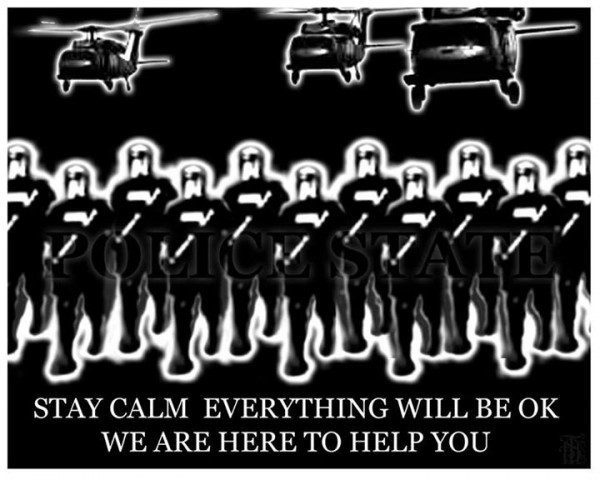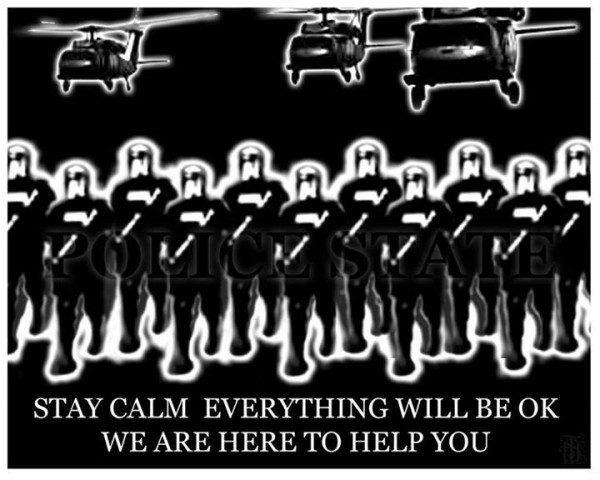
Yesterday evening a stranger knocked at my door, asking for a smoke. It was slightly unnerving and I was glad that a friend was with me as well as my greyhound Caleb (not that Caleb would have been much protection – if anything had gone awry he would be the one hiding behind me, as greyhound owners will be well aware!).
The guy wasn’t aggressive, but he was obviously disinhibited, which made me suspect he may have been using alcohol or drugs. My friend and I apologised and he left without event. I called my neighbour who said he’d had the same visit. I also contacted a couple of other people I know in the street to let them know.
Then I called the police. I felt conflicted in doing this because the guy was Māori with a full moko, and of course the police asked me to describe him. I did my best to not sound like a privileged, racist arsehole and described his height, clothing etc first, but eventually I was asked about his race and distinguishing features, so, you know, what could I do?
I then assured the Police he was not aggressive, I didn’t feel threatened and that he may have needed help, but that I was letting them know just in case he came back with an altered mood (similar things have happened). I also said I use a wheelchair, which made me feel vulnerable.
What troubled me about this was that I had only two choices in terms of alerting someone to the obviously unusual experience of having a stranger come to my door asking for a cigarette: to do nothing or call the Police. It concerns me that there are only “no guns or big guns”, and nothing in between. This is paralleled by young “offenders” being dealt with in court. People being arrested and even jailed just for smoking cannabis. And so on.
Supposedly we live in the most technologically and socially advanced civilisation ever. Yet the way we deal with problems is generally so polarised and hostile. I’m not “beating up” on the Police – what they do is usually honourable, courageous and just.
But as 2020 comes barrelling towards us at a rate of knots, isn’t it time we designed an “in-between” system, one that is caring, supportive and healing, rather than either neglecting or over-reacting to the outcomes of its non-existence?
Philip Patston is one of NZ’s top diversity consultants and Managing Director of diversitynz.com






I can empathise with you re your experience. I lived for 25 years on the “racetrack to the airport” when I lived in Auckland city instead of the small rural town where I now live. I was often “knocked up” in the small morning hours with requests for cigarettes, or matches, or a drink, or to use my phone, or the toilet. Being a woman alone I didn’t open my front door. I would offer to phone if given the phone number – despite there being a phone box 100 yards up the street. I wasn’t a smoker. Most times I ended up telling the “man” outside that if he didn’t move on, I would call the police.
More recently, I kindly invited a young Maori woman (a comparative stranger) into my home for a cup of tea – this after she had given me some small help with cutting the long grass on the street verge. (I am also disabled & get exhausted very quickly). Ultimately, her male partner knocked at my front door, & not having met him before, in the 2½ minutes I took ascertaining who he was, the woman stole my wallet & I am still paying the cost: replacement of driver’s licence, (not cheap – to me), having to buy a birth certificate to get another licence – it just keeps keeping on + the amazing spree the thieves had with my credit card made me aware of what some people are capable of. I belatedly learned to put a pin number on one’s credit card! Then no other can use it.
Short story: I will never again be the naturally hospitable person that I’ve been all my life.
I learned from a local policeman that the young woman is a member of a gang – all of them being meth addicts & known for the manner in which they set up elderly women who live alone. The policeman asked me if the woman did this or that & when I answered in the affirmative, he told me that was part of how such people suss out the home of the person they wish to rob.
Sad story.
My family had similar experiences aka if you live near some sort of amenity that people use, then people at all times of the night or day come to your door asking for help. While you might want to help people, it really becomes a full time job supplying petrol, telephones and lifts to others who are out having fun, then have a problem, and then don’t realise that it’s not a one off to people living near by, but a constant level of people coming to your door, many of whom are angry at the time as something has gone wrong for them, and it becomes harassment.
In this case it was the fault of the council who had opened up a recreational area without any consultation or amenity and then left it to the locals to cope with 24 hr demands like telephones, toilets, fires, security and vehicle help and of course police needing to be called.
Maybe in the old days people knew how to behave when asking for assistance, or just how to behave in a public space, nowadays many people don’t and use others as a scam. Sadly they wreck if for others too, as when people really need help, those that have helped in the past become wary of doing so again.
“Yet the way we deal with problems is generally so polarised and hostile.”
Yep. Exactly the same situation when this guy suddenly appeared…
” ….had seen a man with a trolley every Tuesday evening for the last three weeks as she drove home to from her eight year old son’s netball game around 7pm.
He would stand edging the roadside on the left hand side of the road where the residential area turns to paddocks.
“It goes from a footpath to a grassed area, and he’s standing there in the grass.
“He’s got his back to us, facing out to the paddock, standing still.
“I kept thinking it was really dangerous as he was standing on the verge of the road, with a trolley with him.”
It was too dark to tell what was in the man’s trolley, described as a smaller Countdown type trolley full of items. He appeared to be wearing a jacket and possibly a beanie.
“We’ve seen him three times on each of the Tuesday nights – I thought that was odd.””
Likewise a young relative and her flatmates saw this guy repeatedly over the next three weeks as they were going about their business. All of them were concerned and knew he was at risk but had no idea who to contact to get him some help. The police were not an option as he was not breaking any laws or harming anyone….and no one wanted to get him into trouble.
Sadly….https://www.stuff.co.nz/waikato-times/106860650/Man-41-dies-after-being-hit-by-vehicle-on-rural-road-near-Hamilton
What a sad story. There should be a number to call if someone looks in need of help but not of a criminal nature. I think it’s going to increase with people having no place to go.
Is there still such a thing as the Maori Wardens? I remember them in the Eighties helping to keep young street kids out of trouble and if this guy need help they might have been able to assist.
Does Phillip Paxton smoke? Does anyone smoke any more?
When ever there’s homeless people you’ll get people with big ideas and not enough money. Enter Billy T James.
I wondered about Māori Wardens too.
And no, I don’t smoke anymore.
Just remember there is good and bad in all races not all Maori are like the ones mentioned above.
Nobody is jailed for “just smoking cannabis” and haven’t for a decade.
In my hoodlum youth in the UK three of my friends went to the famous Isle of Man TT races. They had a few beers too many, misbehaved and were arrested for D&D and a minor assault. In the morning they were put in front of a magistrate and sentenced to six of the birch each. Having received their cuts, they were booted out the cells and left to get on with their lives. Their names weren’t recorded. They didn’t get a criminal record and no bleeding heart social workers were called. Their parents never found out.
Two of the three subsequently went to university and I lost track of the other. It sounds medieval but that was probably the best possible outcome for them – a short sharp shock and no lastly impediment.
For almost a year I lived in the middle of the city and walked everywhere.
The thing that I disliked the most about that was the constant barrage of cigarette smoke I encountered from people walking on the footpaths or standing at the kerb or in building doorways fagging their brains out.
It’s putrid. It makes me gag, it burns my nose and throat and makes my eyes water.
Consequently whenever I was asked for a cigarette or “do you have a lighter” the answer was always a short, sharp NO.
Not that I had either of these items anyway – I have never smoked.
The usual request is “do you have any spare change?” or “have you got $2 so I can get the bus?”
I decided early in the piece not to give money to beggars. Yes I could afford it (just – I’m not exactly rolling in it) but if I start, where does it end? How much do I give away and to whom? Who really are the worthy recipients and who is just out there to cadge money off people before returning to their home later in the day armed with booze and cigarettes paid for by unsuspecting good samaritans? (These ‘professional’ beggars do exist).
Only last week I was approached by a guy in bare feet at a shopping precinct asking if I would buy him a pie.
“Sorry, no”.
I had walked to the shops to buy some dinner, and on the walk back I struggled with my decision to deny him some food.
I reasoned that if he was truly hungry, he could go to WINZ and get assistance from them just as many others do.
As a kid growing up here in the 70s it was rare to see anyone with their hand out. Now it seems all too common.
If I see someone struggling with a flat tyre I’ll surely help. I’m not cold-hearted. I just can’t see my way to handing out money and food to every person who comes knocking.
There are social agencies whose sole purpose is just that and they are equipped and funded to help people.
Comments are closed.